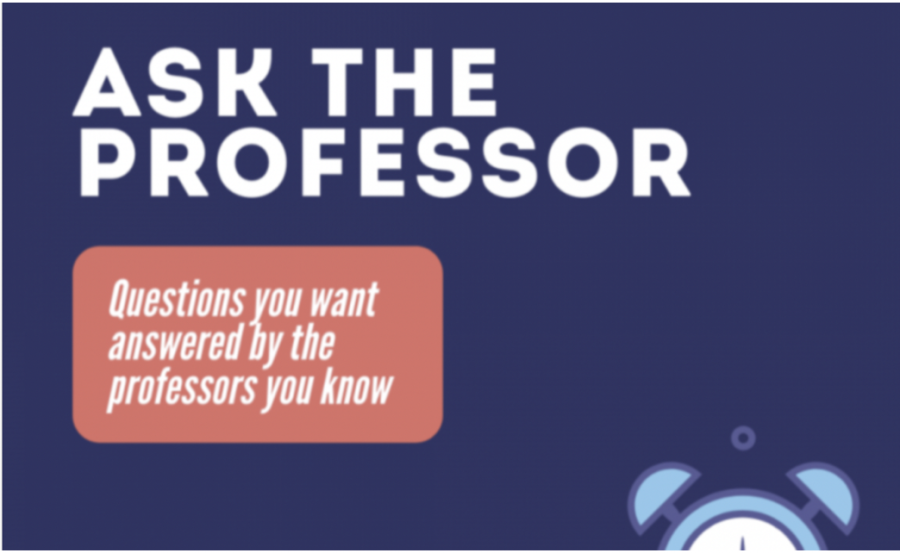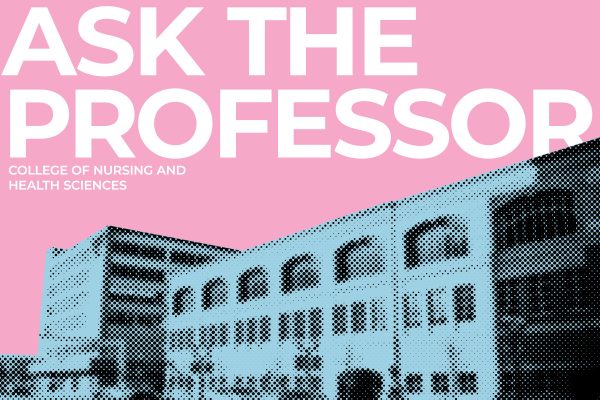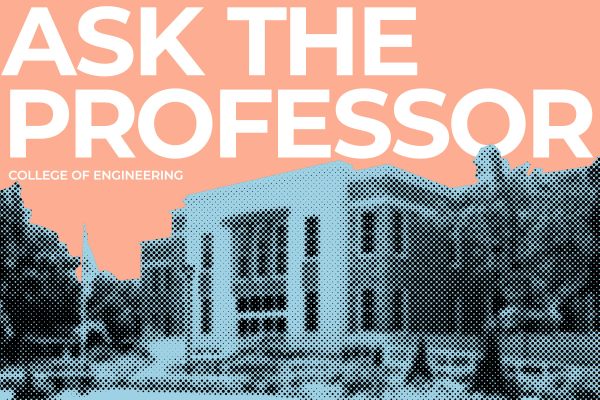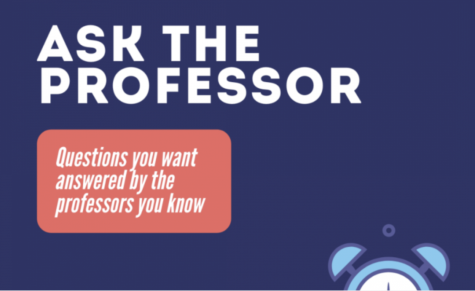Ask the Professor: Associate Professor of Biology, Dr. Donna Byers
Dr. Byers, associate professor of biology, teaches basic biology, contemporary biology and upper-division cell biology. Her research includes gender-specific stress genetic markers’ effects on learning and memory, and studying biochemical compounds that could protect normal cells and tissues from the toxic effects of chemotherapy.
Dr. Byers said her love for science stemmed from her love for solving puzzles.
“Because it was so mysterious,” Dr. Byers said. “There were so many things that we didn’t understand about this incredible overlap of all biological science, whether it was human, or animal, or plant or just environmental. Everything’s connected. And so, it was just like this big puzzle.”
During her graduate work, Dr. Byers studied the effects of a developing Alzheimer’s treatment on pregnant rats, investigating its effects on the fetus’s learning ability. The results were not what she expected.
“It’s very interesting because what we found was that it actually impaired their learning ability,” Dr. Byers said. “The behavior that we measured was very, very similar to what you could describe as attention deficit disorder.”
The compound’s similarity to some neurotoxins used in pesticides led Dr. Byers to hypothesize that there could be a connection between prenatal exposure to pesticides and developing ADHD. Later studies have confirmed this connection.
“That’s such a delicate developmental time, that it doesn’t take much to interrupt or interfere with those processes, even at small doses,” Dr. Byers said. “So, we began to wonder if – even what’s considered a safe level of exposure to pesticides – could in, let’s say in pregnant females, have an effect on the fetus.”
Dr. Byers’ research has switched to focus on cancer, and on developing treatments that shield patients from the toxicity of chemotherapy.
“I’m really interested in finding ways to yes, develop effective chemotherapeutics,” Dr. Byers said. “But how can we protect the patient at the same time?”
Dr. Byers said that passion is the key to success during a student’s college career.
“I encourage students to find their passion, whatever it is, and some students don’t understand what that means,” Dr. Byers said. “I tell them that you’ll know it because it will be the thing that you can’t not do.”
According to Dr. Byers, science majors need interest and self-motivation to conquer complex studies and become effective, caring doctors and clinicians.
“You’re not only going to be happier and more productive because of the motivation it provides you, it’s going to send out the ripple effect,” Dr. Byers said. “You’re going to benefit the people that you work with, whatever product you produce is going to benefit others as well.”
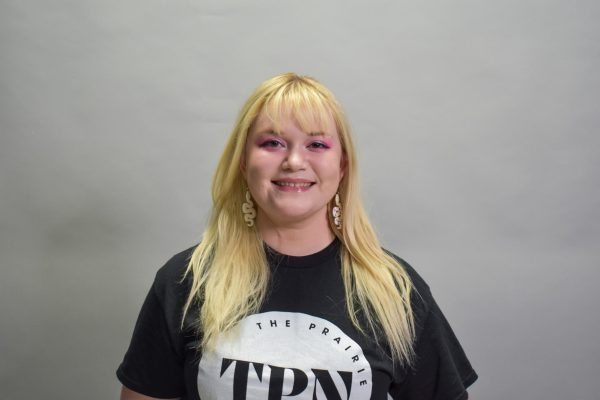
Hello, my name is Jo Early and I am a senior digital communication & media major from Amarillo. I transferred from Amarillo College in Spring 2023...



